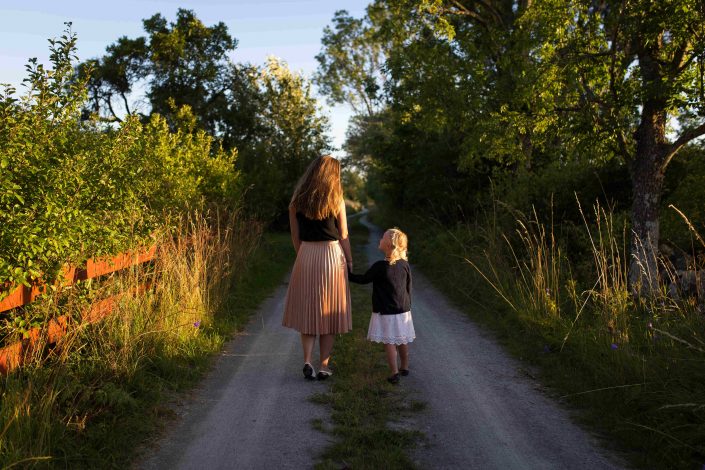American media saturates youth culture with sexual images, sounds and feelings, promoting early sexualization of our children and encouraging them to make bad choices about sex. Is there really anything parents can do to help their children? Yes! Research shows that having household standards of rules and expectations for your kid’s behavior and monitoring what your kids do, such as the TV shows they watch, the music they buy and what they access on the Internet can reduce by 75% the chance that your child will be involved with high-risk activities as a teen.
Here are some specific suggestions to consider to help reduce sexualization of your children/teens:
- Regulate and monitor your children’s exposure to entertainment media (including TV, movies, magazines and internet). Research indicates that watching and listening to sexual material encourages kids to become sexually active earlier. Some TV sitcoms and movies may be viewed as cute and innocent but in reality teach and model sexual promiscuity (even at young ages) in a way that can change the thinking, emotions and even behavior of your children. Consider not allowing children to have a TV in their room (as this can make it harder to monitor, encourages more screen time and can encourage a child to isolate from the family). Having an internet filter, being your child’s “Friend” on Facebook, and only allowing children to surf the internet when they are supervised can also help protect them.
- Research shows that teens who know that their parents expect them to be sexually abstinent are more likely to make this choice, especially if parents have a warm, supportive and loving relationship with them. Communicate your expectations as your children grow older, such as if your family expectation is that they should save sex for marriage. When your child is 11-12 years old, consider taking them on a special overnight trip (ideally moms with daughters and dads with sons) to focus on imparting your values on these issues and helping to equip your child to make wise decisions as a teen in a sex-saturated culture (one popular resource with a sexual purity emphasis that some families use for this type of overnight trip is called Passport2Purity Getaway Kit).
- Start early with teaching your children, especially your daughters, to dress modestly. This can be an opportunity to teach them how valuable they are and to respect themselves. For your daughters, consider discouraging early use of make-up and jewelry that can make a child appear older and more mature.
- Help your child make good connections. Hang out with other families who share your values and who have children the approximate age of your children. Research also suggests that being involved with a healthy religious organization may also help your child to make good choices about sex as a teen.
- Start talking to your children early about these issues. First messages are the most powerful; why wait until your child hears the wrong thing and then try to correct the misunderstanding? As a parent, establish yourself as the trusted “expert” to your child on these matters as they grow. If you stand silent on sex while the rest of the world is abuzz about it, kids come to the conclusion that you cannot help them in this key area. There is so much you can do just in small conversations along the way that help lay a good foundation for when your children are teens, so take advantage of teachable moments. For example, when kids are 3-5 years old, one way to start the dialogue is to talk about how babies are born as boys or girls and how their basic anatomy differs (perhaps you can bring this up when someone you know delivers a baby). Use correct anatomical terms and avoid presenting sexuality as something dirty. The term “privates” can be a respectful word to use, but define male/female anatomy terms for children when they can grasp this.
- Keep the conversation going about sexuality as your child grows. Your child wants you to be the one who teaches them about sex, even if they’d never tell you they want that! Most preteens/teens actually wish their parents would talk to them more about sex. Most teens want you to be the one who initiates these conversations and for you to keep the dialogue going. This will be easier if you start early!
- Help protect your children from pornography. Many children are stumbling upon or being led to pornography at young ages. The average age of first internet exposure to porn is 11 years old. 70% of children have inadvertently viewed online pornography.
- Be a good example. If you are married, maintain a healthy marriage and loving relationship with your spouse. If you are not married, make wise choices about dating, etc because your actions are likely to have a big influence on your children’s future choices.
- Use authoritative discipline. See www.goodparent.org. Give your children boundaries for curfew, dating, etc based on their maturity level.


